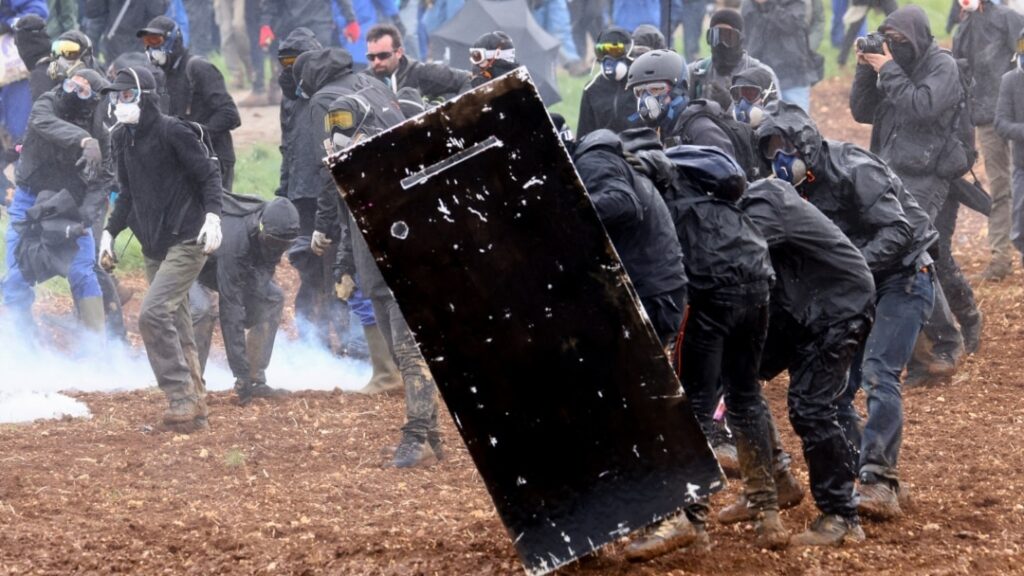How Artificial Intelligence Can Be Utilized In Diplomacy?

Artificial intelligence (AI) is a rapidly growing field that has the potential to revolutionize many aspects of our society, including diplomacy. Diplomacy is the art and practice of negotiating between nations, and it plays a critical role in maintaining peace and stability around the world. As technology continues to evolve, AI is poised to become an increasingly important tool for diplomats, helping them to analyze complex data, predict outcomes, and make better decisions.
One area where Artificial intelligence is already being used in diplomacy is in the analysis of big data. With the proliferation of digital communication channels, there is an ever-increasing amount of information that diplomats must sift through to gain a clear understanding of the political landscape. AI can help to analyze large volumes of data, identify patterns and trends, and provide insights that might not be immediately apparent to human analysts.
In addition to analyzing data, AI can also be used to predict outcomes. By analyzing historical data and identifying patterns, AI can make predictions about the likelihood of certain events occurring in the future. This can be especially useful in diplomacy, where predicting the actions of other countries is critical to avoiding conflict and maintaining positive relationships.
 Another area where AI can be useful in diplomacy is in the development of policy recommendations. Diplomats often have to make decisions based on incomplete or conflicting information, and AI can help to provide a more complete picture of the situation. By analyzing data and identifying patterns, AI can provide diplomats with recommendations on how to proceed that are based on data-driven insights rather than intuition or guesswork.
Another area where AI can be useful in diplomacy is in the development of policy recommendations. Diplomats often have to make decisions based on incomplete or conflicting information, and AI can help to provide a more complete picture of the situation. By analyzing data and identifying patterns, AI can provide diplomats with recommendations on how to proceed that are based on data-driven insights rather than intuition or guesswork.
However, there are also challenges to using AI in diplomacy. One of the biggest challenges is ensuring that the technology is used ethically and responsibly. AI is only as good as the data it is trained on, and if that data is biased or incomplete, it can lead to flawed recommendations. Additionally, there are concerns about the potential for AI to be used to manipulate public opinion or interfere with democratic processes.
Despite these challenges, AI has the potential to be a powerful tool for diplomats. As the technology continues to improve and become more sophisticated, it will be increasingly important for diplomats to understand how to use AI effectively and responsibly. By embracing AI and using it to augment their own expertise, diplomats can make better decisions, avoid conflicts, and help to build a more stable and peaceful world.
- Analyzing large amounts of data: AI can process large amounts of data and help diplomats to analyze complex situations. This can help them to identify patterns, make informed decisions, and predict the outcomes of certain events. For example, AI can analyze social media data to identify public sentiment and help diplomats understand how different communities feel about certain issues.
- Supporting negotiation processes: AI can assist diplomats in the negotiation process by analyzing the language and communication styles of their counterparts. This can help diplomats to understand their counterparts’ motivations and goals, and identify areas of agreement or disagreement. AI can also provide suggestions for negotiation strategies based on previous successful negotiations.
- Monitoring compliances: It can make monitoring easy.
- Analysis of big data: As mentioned earlier, AI can be used to analyze large volumes of data, including social media data, news articles, and other sources of information that diplomats can use to gain a better understanding of political landscapes. AI can help diplomats identify patterns and trends that they might not be able to see on their own, allowing them to make better-informed decisions.
- Prediction of outcomes: AI can use historical data to make predictions about future events. This can be particularly useful for diplomats who need to anticipate the actions of other countries. By using AI to make predictions, diplomats can better prepare for potential conflicts.

 Due to a garbage collectors’ strike, the capital’s streets are also littered with trash. The Council of Europe has issued a warning that intermittent violence in protests “cannot justify disproportionate use of force,” but there has also been disagreement around the strategies employed by the French security forces to disperse the demonstrations. In a television interview on Wednesday, Macron resolutely refused to make any compromises, stating that the measures must come into force before the end of the year.
Due to a garbage collectors’ strike, the capital’s streets are also littered with trash. The Council of Europe has issued a warning that intermittent violence in protests “cannot justify disproportionate use of force,” but there has also been disagreement around the strategies employed by the French security forces to disperse the demonstrations. In a television interview on Wednesday, Macron resolutely refused to make any compromises, stating that the measures must come into force before the end of the year.